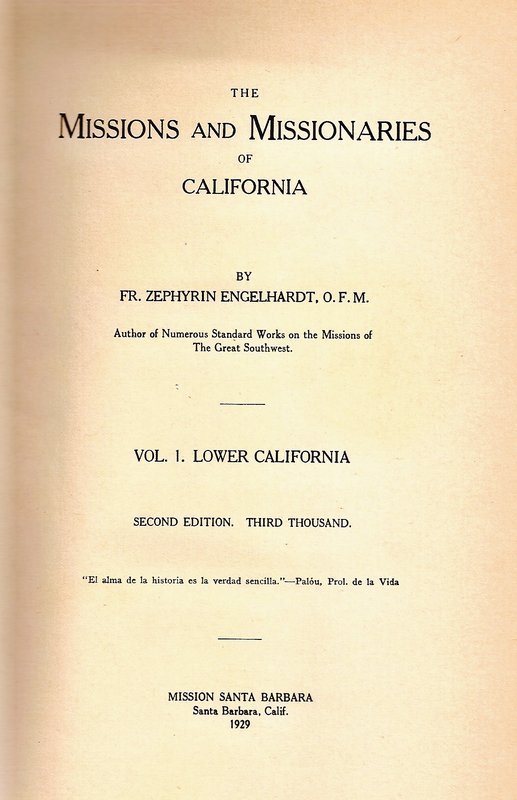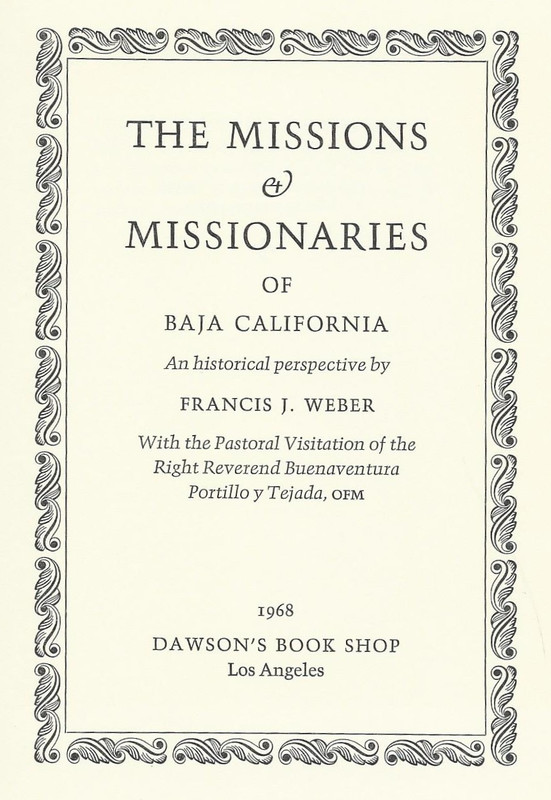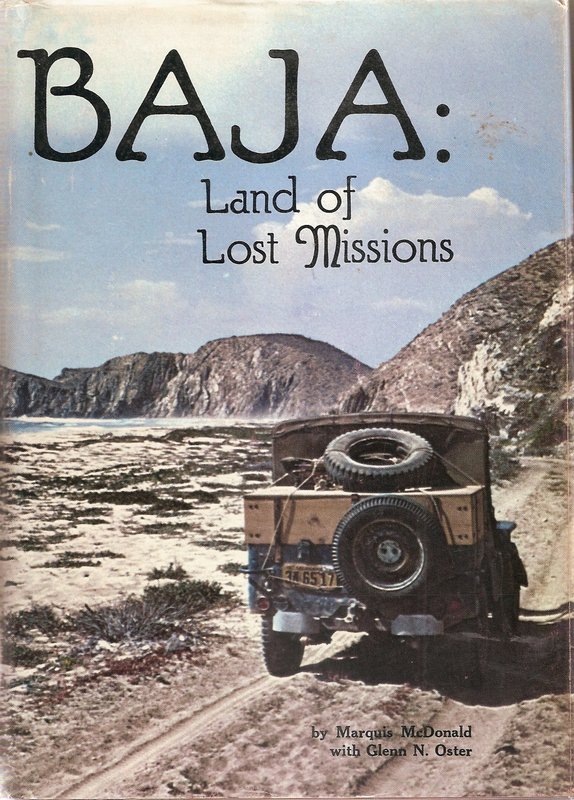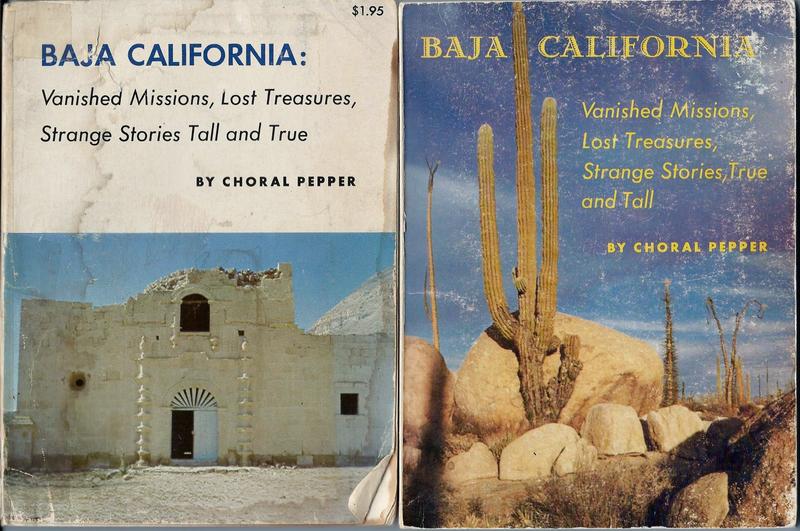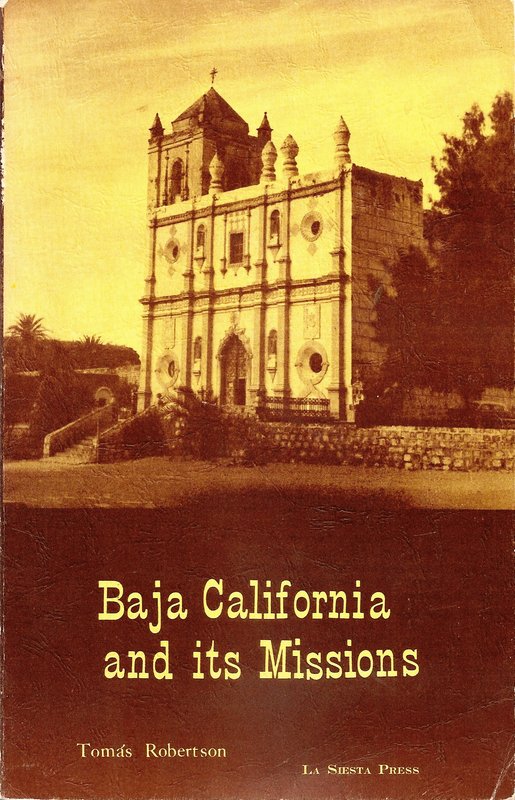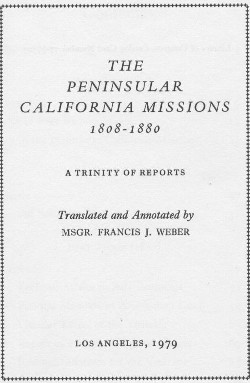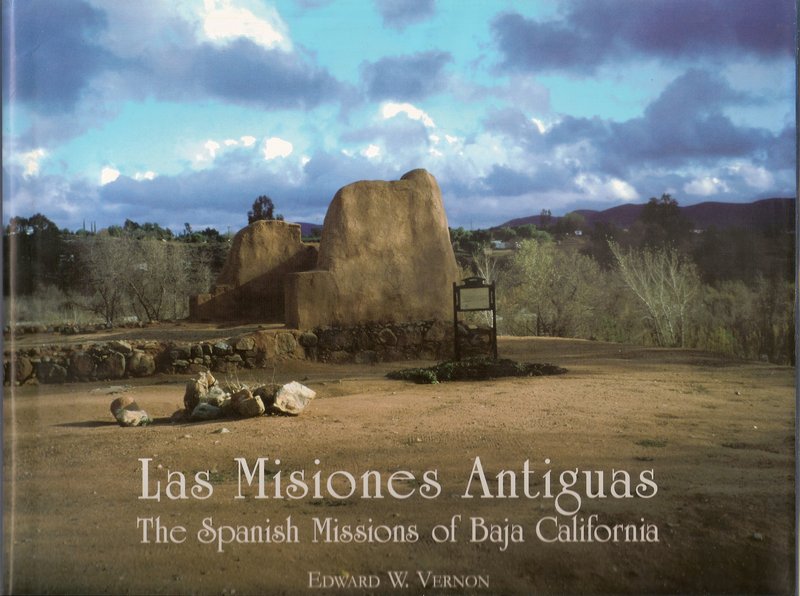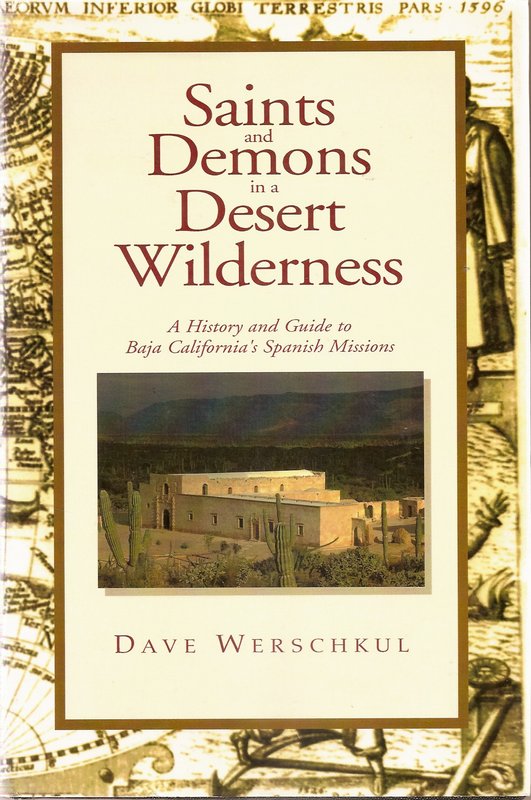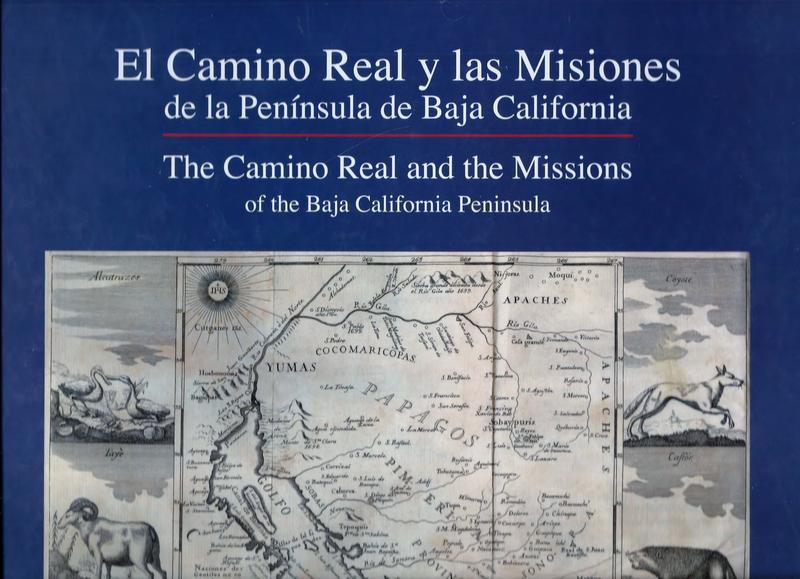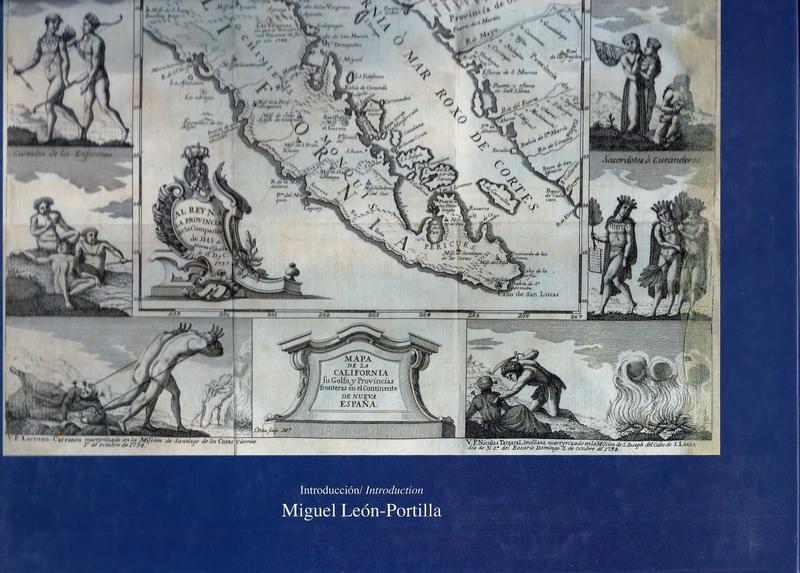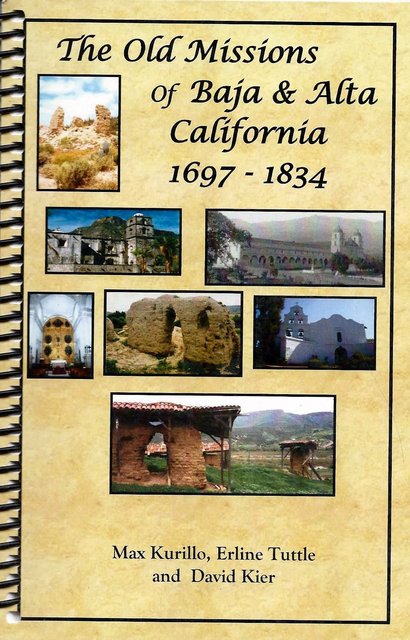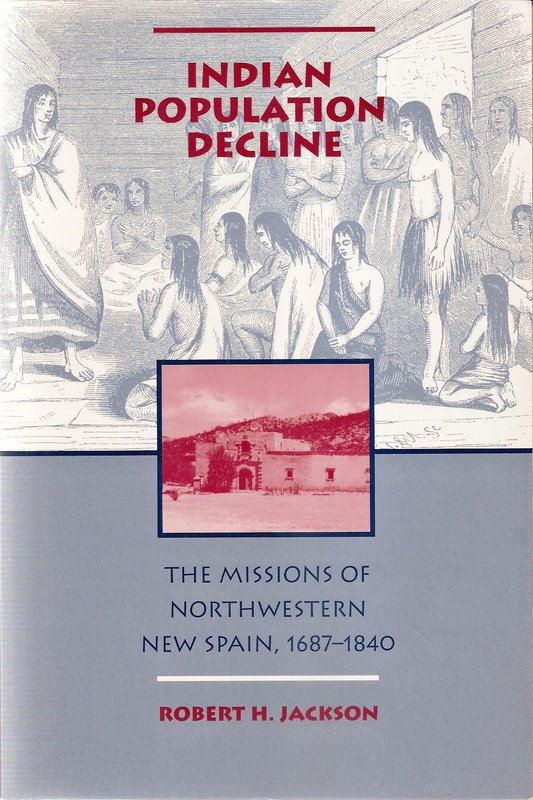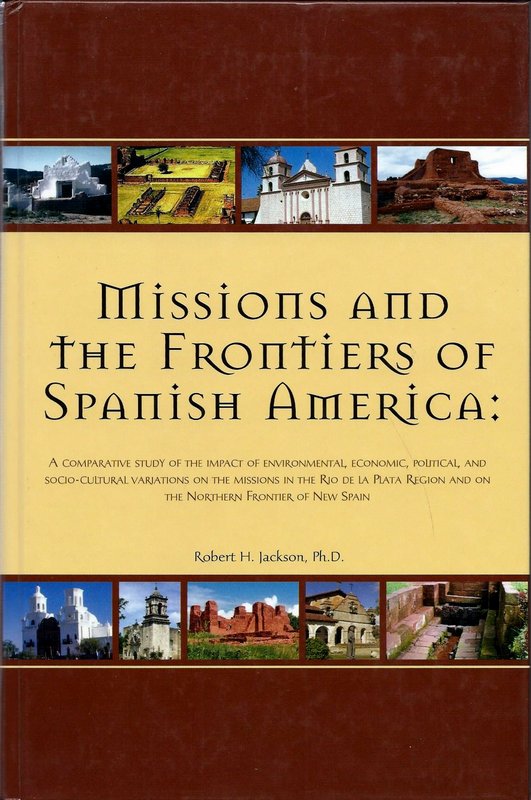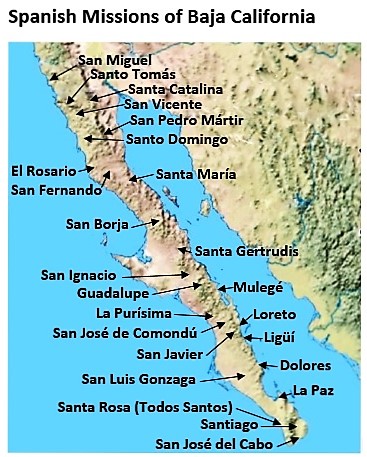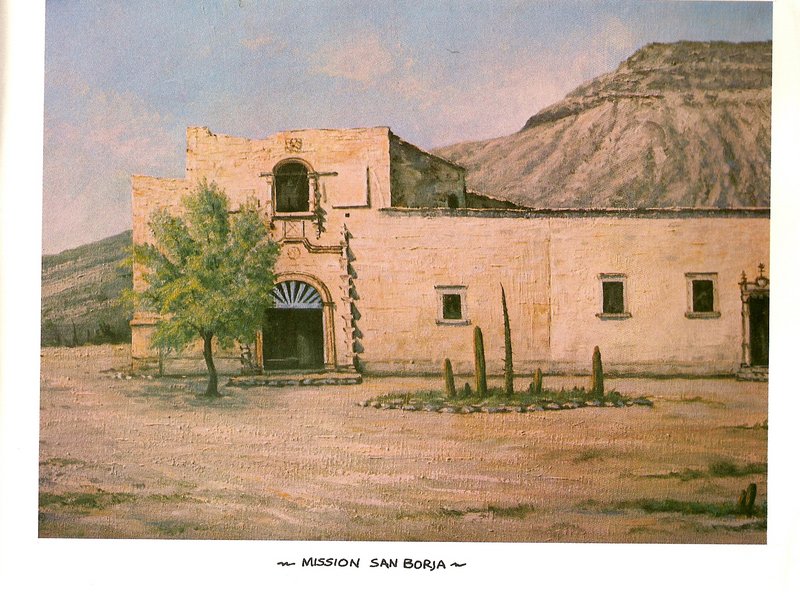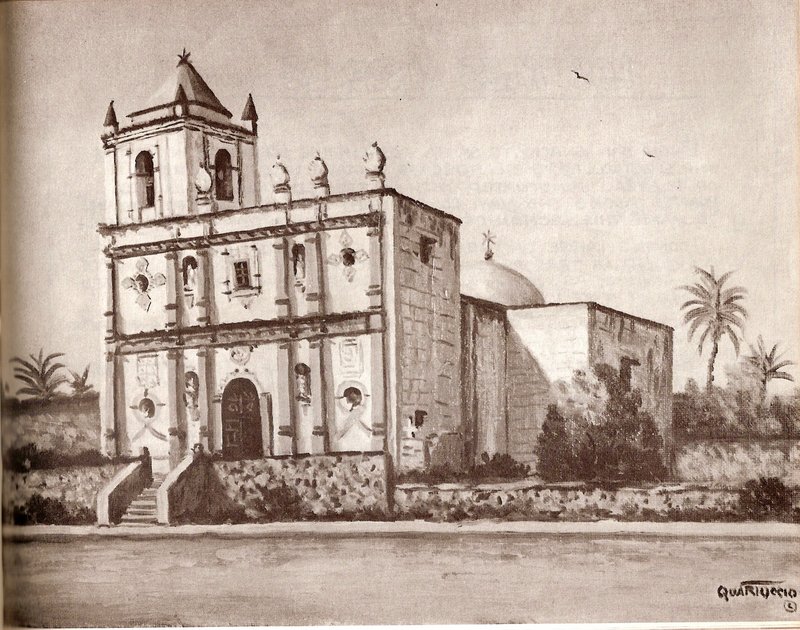
Looks like you are maybe the resident expert on Baja Missions. I'm a winemaker making wine in So. Cal (winery in Temecula and Julian). I work with a vineyard in Temecula that has Mission grapes reported to be from original Mission rootstock, planted in the late 1800's. I'd like to get grape plant material from a Baja mission vineyard to compare DNA to the vines we work with in Temecula to see if they are genetically the same. Do you know which Baja missions (if any) have grapevines still growing? Thanks, Jim

